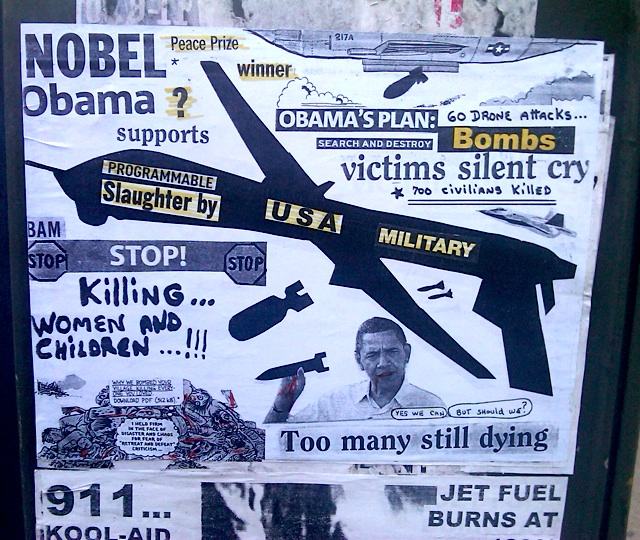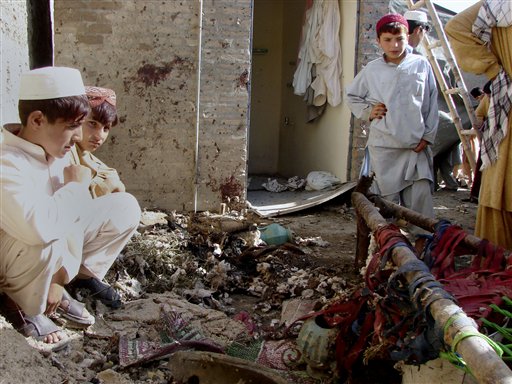Yesterday’s pronouncement from the New York Times editorial board on “Conspiracy Claims in Venezuela”:
Listening to embattled President Nicolás Maduro of Venezuela ramble for hours about an international right-wing conspiracy to oust him, it’s clear that he would use any fabricated pretext to jail opposition leaders and crack down on dissent.
The language is pretty remarkable. I find it amazing that, when it comes to officially designated enemies of the U.S., the usually measured tones of the editorial board give way to open contempt, more fitting for Hush Hush, the lurid tabloid published by the Danny DeVito character in L.A. Confidential. Or at any rate the New York Post.
Let’s just look at a few of the words the Times uses to describe Maduro’s government and recent actions.
- government’s claims … outlandish repression of critics even more vicious
- Delcy Rodríguez, the country’s foreign minister, weighed in with an absurd detail
- Mr. Maduro’s fears of a coup appear to be a diversion strategy by a maniacal statesman
- In contrast, Mr. “Ledezma, a democratically elected official [insinuating that Maduro isn’t!? what?] who has, so far, responded with remarkable stoicism“
In Counterpunch, Chris Gilbert, professor of political science at the Universidad Bolivariana de Venezuela, paints a rather different picture of Ledezma:
… regardless of how the question is resolved, the Venezuelan masses are highly satisfied with Ledezma’s arrest, as any reasonable person should be, since the mayor is responsible for huge human rights crimes in the past: most recently as a participant in the 2002 coup attempt that led to considerable bloodshed and earlier as the Federal District Governor who directed state troops which assassinated as many as 4000 civilians during the Caracazo uprising of 1989.
The Times editorial dutifully submits this incredulous statement from the State Department:
“We regret that the Venezuelan government continues to blame the United States or other members of the international community for events inside Venezuela…”
This takes disingenuousness to dizzying heights. It’s as if there is no such thing as history, as if the United States would never dream of intervening in a Latin American country, as if Operation Condor never happened… as if 9/11 never happened…. to Chile!
All states are coercive and thuggish, especially, as appears to be the case in Venezuela, when their very existence is threatened. I’m not defending what the Maduro government is doing, although it seems possible the repression is exaggerated. But I would be more impressed with the Times editorial board if once in a while it used some of those harsh pejorative words to describe the actions of U.S. allies, some of whom have even been known to misbehave from time to time. Say, an Egypt, an Israel, a Saudi Arabia, a Guatemala….
***
Or, you may say, yes, we were brutal in Latin America back in the day, but … you know … ancient history. In Global Get-Out-of-Jail-Free Card at Tomdispatch, Alfred W. McCoy offers a vivid and sweeping picture of the United States’ “do as I say, not as I do” approach to sovereignty and human rights, which is stronger today than it has ever been. And thanks to improvements in drone technology, lethal meddling in the affairs of previously sovereign nations is a major growth industry!
“The sovereign is he who decides on the exception,” said conservative thinker Carl Schmitt in 1922, meaning that a nation’s leader can defy the law to serve the greater good. Though Schmitt’s service as Nazi Germany’s chief jurist and his unwavering support for Hitler from the night of the long knives to Kristallnacht and beyond damaged his reputation for decades, today his ideas have achieved unimagined influence. They have, in fact, shaped the neo-conservative view of presidential power that has become broadly bipartisan since 9/11. Indeed, Schmitt has influenced American politics directly through his intellectual protégé Leo Strauss who, as an émigré professor at the University of Chicago, trained Bush administration architects of the Iraq war Paul Wolfowitz and Abram Shulsky.
All that should be impressive enough for a discredited, long dead authoritarian thinker. But Schmitt’s dictum also became a philosophical foundation for the exercise of American global power in the quarter century that followed the end of the Cold War. Washington, more than any other power, created the modern international community of laws and treaties, yet it now reserves the right to defy those same laws with impunity. A sovereign ruler should, said Schmitt, discard laws in times of national emergency. So the United States, as the planet’s last superpower or, in Schmitt’s terms, its global sovereign, has in these years repeatedly ignored international law, following instead its own unwritten rules of the road for the exercise of world power.
Just as Schmitt’s sovereign preferred to rule in a state of endless exception without a constitution for his Reich, so Washington is now well into the second decade of an endless War on Terror that seems the sum of its exceptions to international law: endless incarceration, extrajudicial killing, pervasive surveillance, drone strikes in defiance of national boundaries, torture on demand, and immunity for all of the above on the grounds of state secrecy. Yet these many American exceptions are just surface manifestations of the ever-expanding clandestine dimension of the American state. Created at the cost of more than a trillion dollars since 9/11, the purpose of this vast apparatus is to control a covert domain that is fast becoming the main arena for geopolitical contestation in the twenty-first century.
Read the whole thing. Really, it’s quite terrific.
***
The title of this piece comes from the McCoy essay. I quite liked the phrase:
All of the exceptions [to its own rules] that really matter spring from America’s decision to join what former spy John Le Carré called that “squalid procession of vain fools, traitors… sadists, and drunkards,” and embrace espionage in a big way after World War II.







